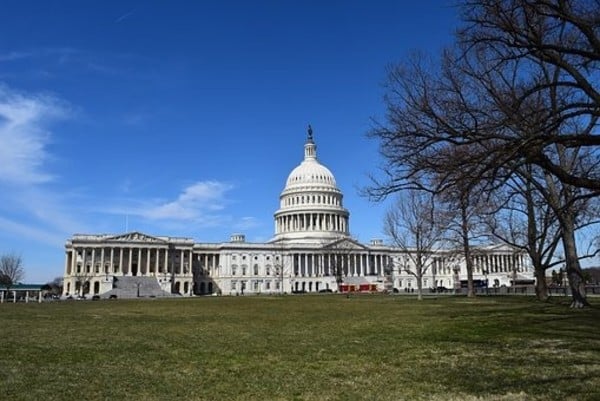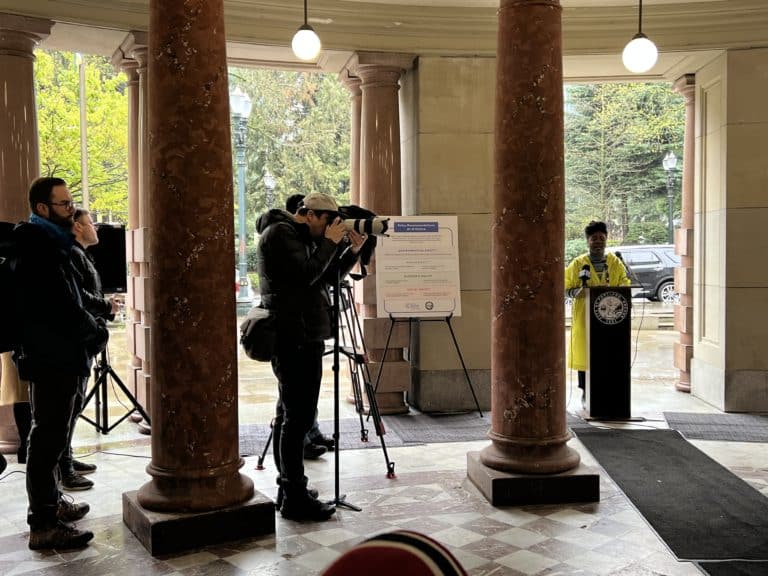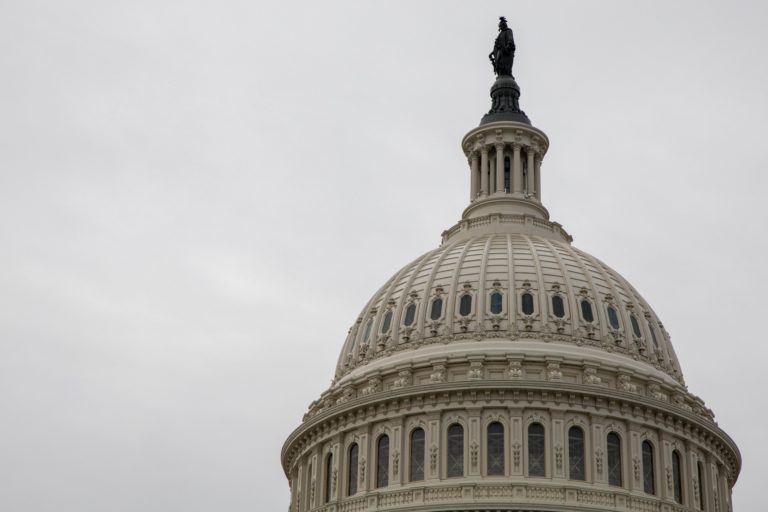
The senate bill, sponsored by Rep. Matt Gaetz (R-FL) and 40 other bipartisan cosponsors, is called the Medical Cannabis Research Act and, if passed would require the federal government issue more licenses to research cannabis to be used in scientific studies.
“The federal government should not stand in the way of collaboration that can help people live better lives,” Gaetz told Forbes, which initially reported the news*.*
“This will be the first time that a cannabis reform bill will make it through the Judiciary Committee during Republican control of the Congress, ever,” said Gaetz who added that he expects only “technical amendments” to the legislation.
However, policy reform advocates who support expanding marijuana research have expressed serious concerns with some of the bill’s provisions, including the fact that it bars people with felony and drug-related misdemeanor convictions from being affiliated with research cultivation operations. They also object to a separate section that requires manufacturers to have letters of good standing from local law enforcement agencies, many of which have historically opposed cannabis reform.
Outright eliminating people who have been affected by the war on drugs from getting involved in the legal industry continues to be a concern. Social and racial justice advocates, such as the ACLU, which has shown that the “war on marijuana is carried out with staggering racial bias.”
Michael Collins, Drug Policy Alliance’s interim director, told Forbes that precedent is a concern. “If the committee is already on the record saying we ban people from participating in this sector of this industry, that’s going to possibly win the day going forward.”
“While the bill’s consideration represents progress, it’s a drop in the ocean given what we need to do to end federal prohibition and repair the harms of the drug war,” he said, adding that the restrictive provisions are “egregious, unnecessary and representative of an outdated approach to public policy.”
Gaetz, for his part, doesn’t necessarily disagree but points out that concessions were necessary to get fellow GOP lawmakers on board.
“For many of my Republican colleagues, the most difficult marijuana reform vote to take is the first one,” said Gaetz. “I’m trying to create the most comfortable setting for marijuana skeptics to do something right by their constituents, and that process can yield imperfect legislation that is directionally correct.”







